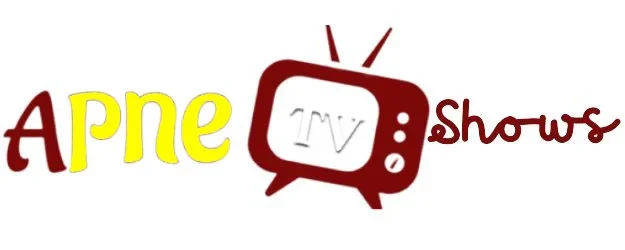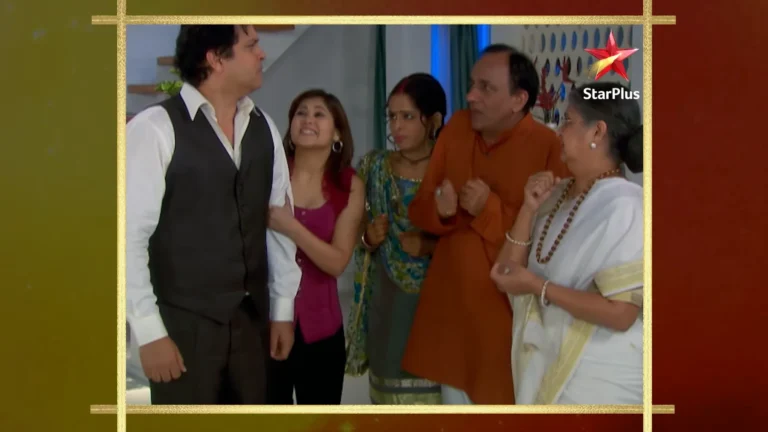Taarak Mehta Ka Ooltah: Illuminating Indian Television with Laughter
Indian television has seen a multitude of genres, but none quite as enduring and beloved as the genre of comedy,Taarak Mehta Ka Ooltah especially when it comes to showcasing the quintessential ethos of the Indian middle-class lifestyle. Amongst the plethora of shows, one has stood out not just for its laughter-inducing content, but for its ability to become an intrinsic part of viewers’ daily lives—Tarak Mehta Ka Ulta Chashma.
From validating the timeless essence of community living to advocating social integration, and not to forget, the sheer joy of a good chuckle, the legacy of Tarak Mehta echoes throughout Indian households. In this extensive blog, we will unravel the colorful threads of this TV phenomenon, exploring its inception, evolution, and the cultural imprint it has left on the socio-comic fabric of India.
The Rising Sun of Gokuldham Society
‘Tarak Mehta Ka Ulta Chashma’ takes place in the idyllic and fictitious Gokuldham Society. What’s intriguing is how the show’s narrative is nested in the small joys and everyday struggles of diverse families residing within these premises. Jethalal’s erratic business schemes, Taarak Mehta’s philosophical retreats, and Daya Ben’s iconic ‘Garba’ dance are not just sitcom tropes; they are anecdotes that reflect the resilience and optimism of the Indian middle class.
The show’s unique appeal lies in the brilliantly etched characterizations, giving a human face to the universal experiences of love, friendship, neighborly bonds, and moral lessons that are served with a generous dollop of humor. For the modern Indian, it’s more than just a Apne TV show; it’s a reflection of their own life’s quirks and moments.
An Unfolding Saga Smudged with Laughter
What began as a humble tale on July 28, 2008, has expanded like the universe, adding more stars to its firmament with each passing year. Through the years, Taarak Mehta has not just sustained an upward trajectory but has consistently reinvented itself, nurtured by a team that ardently believes in storytelling that resonates with the masses.
Significant milestones, such as the celebration of Diwali with the special episode of the ‘Taarak Mehta Ka Ooltah Chashmah’ featuring an integration of characters from comedy TV shows across channels, demonstrate the show’s endurance as a family-friendly entertainment hub. It’s fascinating how each character has a space in everyone’s hearts — a rare feat that only a handful of shows can boast of achieving.
The Show’s Storytelling Aesthetics

What sets ‘Tarak Mehta Ka Ulta Chashma’ apart is its ability to balance humor with holistic storytelling. Each episode serves as a microcosm of life, encapsulating values, wit, and warmth. The show’s narratives are often laced with life-lessons, albeit cleverly disguised in the garb of humor.
Be it the lighthearted tiffs between Jethalal and his father, or the community’s approach to addressing social stigmas, the show manages to strike a chord with audiences by assuring them that life’s challenges are best tackled with a pinch of absurdity and a barrel full of laughter.
The Workshops Behind the Curtain
Creating a show with such an endearing essence requires not just talent, but also relentless diligence. Tarak Mehta stands as a testament to the fact that crafting an episode is akin to cooking a complex meal — it requires a fine mix of ingredients, precision, and a dash of creativity.
The ensemble cast and crew of the show, with their dedication and synchrony, form the backbone of its success. Whether it’s the unparalleled expressiveness of Disha Vakani or the nuanced humor brought in by Dilip Joshi, the entire team is a mosaic of auteurs in their own right, striving to serve quality entertainment, episode after episode.
Online, Yet so Close to the Heart
In the age of digital dominance, it’s essential for TV shows to forge a connect with their audience beyond the box. ‘Tarak Mehta Ka Ooltah Chashmah’ has not only embraced this shift but also thrived within it. Its proactive online presence, replete with memes and fan engagement, has ensured that the humor of Gokuldham society resonates across digital realms.
Fan communities and dedicated social media handles have further amplified the show’s reach, turning it into an interactive and immersive experience for its fervent followers. The show no longer has a one-way communication with its viewers; it’s a conversation brimming with joy and ‘ulta’ humor.
Culturally Relevant, Socially Measured
Beyond its role as a laughter factory, ‘Tarak Mehta Ka Ulta Chashma’ has etched its name in the annals of Indian television by addressing pertinent social issues. The subtle yet impactful approach towards issues like environmental awareness and communal harmony demonstrates that the show is more than just about making people laugh; it’s about making people ponder and act as well.
In amalgamating jest with deeper social commentary, the show has managed to popularize dialogue on subjects that are often relegated to the periphery of public discourse.
The Future – A Resounding Ulta or Saj Dhaj
As we look towards the future, one can’t help but wonder about the trajectory of Taarak Mehta. Will it continue to push the boundaries of conventional comedy, or will it rest upon its well-earned laurels? One thing is certain—the laughter will endure, the social commentary will evolve, and Gokuldham will always welcome you home with a smile.
The show, like the Gokuldham society, remains an eternally open invitation to audiences, beckoning them to participate in the festivities of life. It’s a speck in the Indian entertainment cosmos that twinkles not just with the promise of laughter, but also with a reflection of our collective cultural heritage.
With each episode, ‘Tarak Mehta Ka Ulta Chashma’ reiterates the comforting truth that in this grand comedy called life, there’s always room for another laughter, another joke, and another twist in the tale—always ‘ulta’, and always enchanting.


